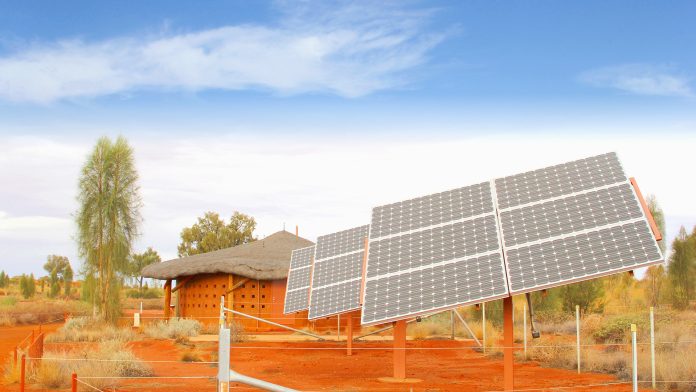A new collaboration led by Swansea University will support countries in Africa, Asia, and the Indo-Pacific region to increase the scale of sustainable photovoltaic production.
The collaboration forms a crucial component of the Transforming Energy Access (TEA) at SUNRISE project, leveraging the university’s SUNRISE network. The project will build on the relationships established by SUNRISE, identifying the advantages of next-generation solar technologies across the Global South.
The project is embedded within the UK Government-funded Transforming Energy Access platform, which aims to bolster inclusive clean energy transitions by advancing technologies, business models, and essential skillsets.
Boosting solar PV production in the Global South
With abundant solar energy and large local markets, the collaboration is set to explore the ability of countries in Africa, Asia, and the Indo-Pacific region to establish efficient and cost-effective solar PV production.
The project aligns with the International Energy Agency projection that 125 gigawatts of PV will be installed in Africa before 2030.
Iain Meager, Director of Innovation at the Carbon Trust, said: “Collaboration is crucial to accelerating a just and inclusive clean energy transition.
“By joining forces with local stakeholders in Africa, Asia, and the Indo-Pacific, TEA at SUNRISE will bolster the knowledge exchange and learning necessary to accelerate the scale of sustainable photovoltaic manufacturing at a local level. This will not only help foster economic development but also reduce the environmental impact of PV production.”
Limitations with solar PV production
Although PV is one of the fastest-growing energy technologies across the globe, silicon PV, which dominates the market, has limitations.
The manufacturing process requires a substantial initial investment and extensive consumption of critical materials and energy. When deployed at scale, it causes considerable amounts of waste.
As well as this, silicon module manufacturing is not globally distributed and is associated with ESG issues tied to the use of coal-generated electricity.
Reducing waste for the energy transition
To overcome these barriers, the project will place a strong emphasis on ensuring that solar PV production has the circular economy in mind to limit waste.
Project lead Dr Mark Spratt, from the SPECIFIC Innovation and Knowledge Centre at Swansea University, said: “In pursuing a just energy transition, these new technologies can play a pivotal role in ensuring energy access is delivered equitably, free of the environmental and ethical issues associated with current PV manufacturing.”
Next-generation solar PV offers a unique opportunity to design with re-use and re-manufacture in mind from the outset. Local PV production not only reduces logistics costs but also generates jobs in the clean energy sector.









